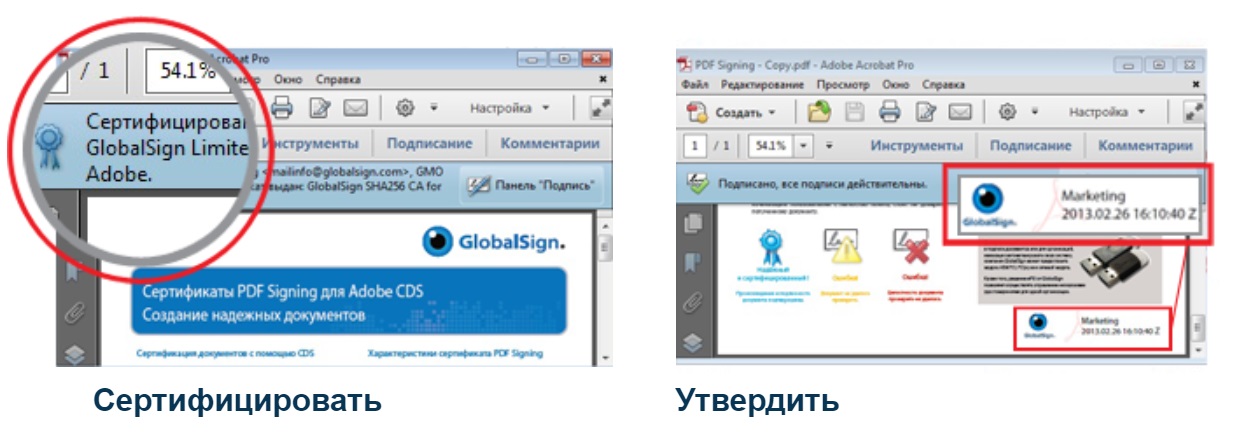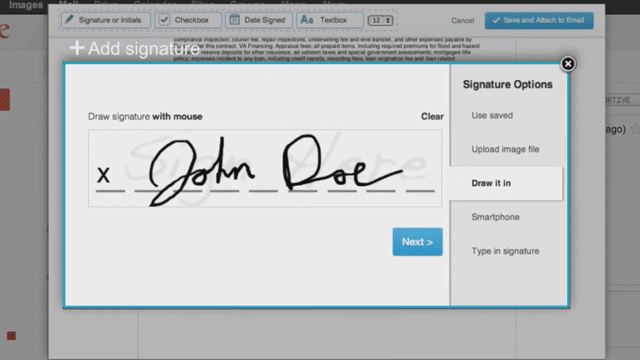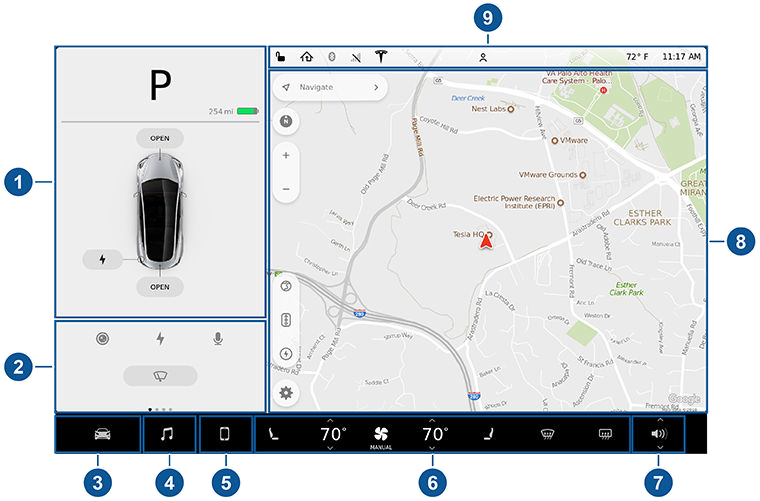Why Tesla and Deutsche Bank refuse paper contracts
July 23, Ilon Musk, director of Tesla Motors, which produces famous electric cars, shared his plans : “We are going to completely get rid of contracts,” he wrote on Twitter. - There should just be a button “Click here - and get your car”. And then, if you don’t like it for some reason, then you just return it, like any other product. ”
Musk wrote this back to the car owner JD Mankovsky: he complained that his sister-in-law came to buy Tesla X - and waited for a very long time until all the papers were finished in the cabin. Probably some unforeseen problems arose there. The girl came to the salon at 14:00, but was able to leave in her car only at 21:00.
Innovative car that gets upgrades through the Internet, technologies of the future - but people are forced to put a physical signature on paper, as in the Middle Ages.
Of course, this should not be the case in a modern company: contracts are instantly secured with a personal digital signature of the client in the digital document management system. There have long been systems for digitally signing Microsoft Office documents and PDF .
For example, a PDF Signing certificate is used for certification and for approval of PDF documents. The recipient of the certified document knows that the document is authentic, received from a trusted source, and has not been forged. Signatures of approval of the document is an electronic analogue of the handwritten signature on physical documents.

For minor documents, it is allowed to set a simple facsimile: for example, there is a simple HelloSign application for Gmail .

HelloSign for Gmail is a simple extension to Chrome to put a facsimile on the documents that arrive via email
. Tesla's sales are growing very fast, and the old methods of processing transactions can no longer handle the turnover. Last year, the company sold 1000 Tesla S and Tesla X cars a week in its US stores, and now it makes 6000 cars a week (Tesla S, Tesla X and Model 3). In July, the company announced the sale of the 200,000th car in the United States .
Paperwork in car dealership traditionally takes a long time. The company is trying to reduce the time: in some offices of Tesla, the Sign & Drive system works, where the design promises to be completed within 5 minutes. It is possible to order the delivery of the car directly to the house.
Digital contracts are especially convenient for unmanned vehicles, which in the future will be able to plan a route and move from point A to point B without the participation of the driver. Theoretically, one can imagine that the contract is concluded via the Internet - and after the money is transferred, the car itself goes to the buyer from the salon. However, Tesla's “autopilot” is still far from this level of autonomy, now the driver must sit in the cabin and keep hands on the wheel.

Model 3 car computer screen (screenshot from user manual )
One way or another, but the transition to digital signatures will significantly speed up the execution of documents, and Tesla even further distances itself from traditional car dealerships. The purchase of a Tesla car will become more like the purchase of a technological gadget. Ilon Mask is constantly pursuing the idea that his company differs from other automakers not only technologically, but also in business practices. Returning purchased cars without explaining the reasons, like iPhone phones, is one of such innovative practices, which seems to emphasize that Tesla cars are computers on wheels. Apple subsequently sells these returned phones at a discount as “recovered”. Perhaps Tesla will also have this option.
Automotive company Ilona Mask is not alone in his desire to get rid of paper contracts. In fact, digital contracts are increasingly being introduced into everyday practice. Almost every bank has an Internet banking service with the ability to sign and send any documents to the bank. In many countries, taxpayers send tax returns via the Internet, signing them with their digital signature. Other public services are available in the same way, and in some countries like Estonia, even voting at elections has long been taking place via electronic ID , including via the Internet.
Real physical signatures are still required for the most important documents, such as wills or financial contracts. But new technologies are also being introduced here. For example, Deutsche Bank, the largest German bank, announced the successful testing of digital signatures for corporate contracts and opening accounts. The test for the implementation of digital signatures DocuSign was conducted jointly with one of the largest customers of the bank - the American company Honeywell. Now Deutsche Bank deploys this service for corporate clients in the USA, Great Britain, Germany, Belgium and the Netherlands. In other regions, technology will begin to be introduced next year.
Physically, signatures are gradually being supplanted by digital contracts. Recently held surveyin the UK, it showed that more than half of the country's adult residents rarely handwritten, and about 20% do not have a special signature at all - they simply write their last name when required. “We are so used to using modern verification tools, whether fingerprint recognition, simple passwords or pincodes, that the idea of simply writing the name by hand seems almost ridiculous,” said Steve Roberts of a British information security consulting firm. “Therefore, it’s not surprising that a significant part of people no longer have a specific permanent signature, and many of us don’t even remember when they last signed with their own name.”
Musk wrote this back to the car owner JD Mankovsky: he complained that his sister-in-law came to buy Tesla X - and waited for a very long time until all the papers were finished in the cabin. Probably some unforeseen problems arose there. The girl came to the salon at 14:00, but was able to leave in her car only at 21:00.
Innovative car that gets upgrades through the Internet, technologies of the future - but people are forced to put a physical signature on paper, as in the Middle Ages.
Of course, this should not be the case in a modern company: contracts are instantly secured with a personal digital signature of the client in the digital document management system. There have long been systems for digitally signing Microsoft Office documents and PDF .
For example, a PDF Signing certificate is used for certification and for approval of PDF documents. The recipient of the certified document knows that the document is authentic, received from a trusted source, and has not been forged. Signatures of approval of the document is an electronic analogue of the handwritten signature on physical documents.

For minor documents, it is allowed to set a simple facsimile: for example, there is a simple HelloSign application for Gmail .

HelloSign for Gmail is a simple extension to Chrome to put a facsimile on the documents that arrive via email
. Tesla's sales are growing very fast, and the old methods of processing transactions can no longer handle the turnover. Last year, the company sold 1000 Tesla S and Tesla X cars a week in its US stores, and now it makes 6000 cars a week (Tesla S, Tesla X and Model 3). In July, the company announced the sale of the 200,000th car in the United States .
Paperwork in car dealership traditionally takes a long time. The company is trying to reduce the time: in some offices of Tesla, the Sign & Drive system works, where the design promises to be completed within 5 minutes. It is possible to order the delivery of the car directly to the house.
Digital contracts are especially convenient for unmanned vehicles, which in the future will be able to plan a route and move from point A to point B without the participation of the driver. Theoretically, one can imagine that the contract is concluded via the Internet - and after the money is transferred, the car itself goes to the buyer from the salon. However, Tesla's “autopilot” is still far from this level of autonomy, now the driver must sit in the cabin and keep hands on the wheel.

Model 3 car computer screen (screenshot from user manual )
One way or another, but the transition to digital signatures will significantly speed up the execution of documents, and Tesla even further distances itself from traditional car dealerships. The purchase of a Tesla car will become more like the purchase of a technological gadget. Ilon Mask is constantly pursuing the idea that his company differs from other automakers not only technologically, but also in business practices. Returning purchased cars without explaining the reasons, like iPhone phones, is one of such innovative practices, which seems to emphasize that Tesla cars are computers on wheels. Apple subsequently sells these returned phones at a discount as “recovered”. Perhaps Tesla will also have this option.
Automotive company Ilona Mask is not alone in his desire to get rid of paper contracts. In fact, digital contracts are increasingly being introduced into everyday practice. Almost every bank has an Internet banking service with the ability to sign and send any documents to the bank. In many countries, taxpayers send tax returns via the Internet, signing them with their digital signature. Other public services are available in the same way, and in some countries like Estonia, even voting at elections has long been taking place via electronic ID , including via the Internet.
Real physical signatures are still required for the most important documents, such as wills or financial contracts. But new technologies are also being introduced here. For example, Deutsche Bank, the largest German bank, announced the successful testing of digital signatures for corporate contracts and opening accounts. The test for the implementation of digital signatures DocuSign was conducted jointly with one of the largest customers of the bank - the American company Honeywell. Now Deutsche Bank deploys this service for corporate clients in the USA, Great Britain, Germany, Belgium and the Netherlands. In other regions, technology will begin to be introduced next year.
Physically, signatures are gradually being supplanted by digital contracts. Recently held surveyin the UK, it showed that more than half of the country's adult residents rarely handwritten, and about 20% do not have a special signature at all - they simply write their last name when required. “We are so used to using modern verification tools, whether fingerprint recognition, simple passwords or pincodes, that the idea of simply writing the name by hand seems almost ridiculous,” said Steve Roberts of a British information security consulting firm. “Therefore, it’s not surprising that a significant part of people no longer have a specific permanent signature, and many of us don’t even remember when they last signed with their own name.”
